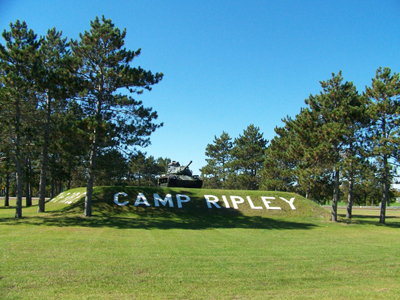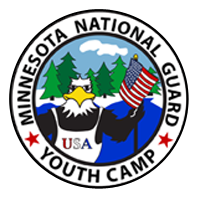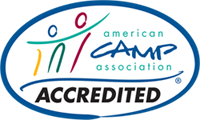Our History

Approximately 300 youth, ages 10-15, converge on Camp Ripley, Minnesota, in July-August to attend the Annual Minnesota National Guard Youth Camp. During the one-week camp session, the youth, dependents, nieces, nephews, brothers, sisters, and grandchildren of current and retired Minnesota Guard members spend seven days experiencing Camp Ripley and its surrounding environment.
A group of Minnesota National Guard members first discussed establishing a youth education program in the summer of 1988. In September 1989, the Adjutant General, Major General Eugene Andreotti, appointed the Family Program Manager to establish a youth camp program. A State Coordinator was appointed in November, and the first planning meeting was held in December 1989. In August 1991, 104 youths attended the First Annual Minnesota National Guard Youth Camp, which was a resounding success.
Since then, the Youth Camp Program has developed into a Minnesota non-profit organization. The Internal Revenue Service recognizes it as a non-profit organization, and a Board of Directors oversees the planning and conduct of all operations. It solicits, screens, and trains volunteers who serve as the staff for all youth camp activities. All volunteers are active, retired, spouses, or dependents of members of Army or Air National Guard members. In October 1992, the American Camping Association (ACA), after undergoing a thorough investigation during the 1992 camp session, classified Youth Camp as an accredited camp. Youth Camp was the first accredited National Guard Youth Camp in the United States. Youth Camp continues through the re-accreditation process and remains an ACA camp.
In 2001, Teen Camp was created. This one-week camp was developed for 13 to 15-year-olds. It intends to promote respect, friendship, leadership, teamwork, self-confidence, self-esteem, and community involvement.
The purpose of the Minnesota National Guard Youth Camp is to:
- Provide a unique and enjoyable opportunity for the Minnesota National Guard dependents to explore the environment in which they live and be more responsible in maintaining the environment for future generations.
- Provide a positive experience in a safe and caring environment.
- Assist youth in understanding why their Guard member serves in the National Guard.
- Help youth cope with the stress and confusion of separation/deployment.



